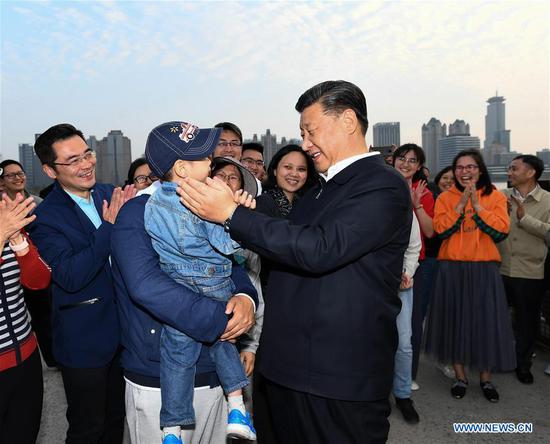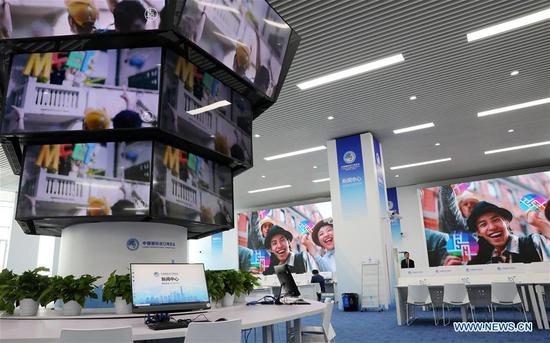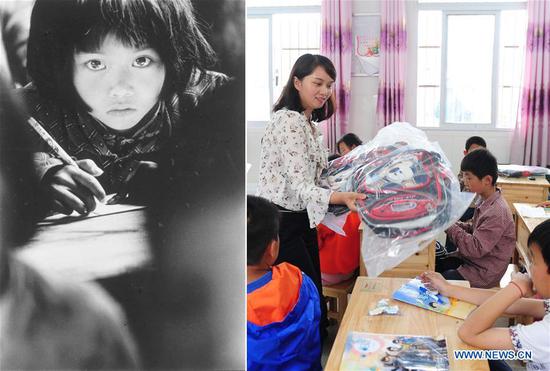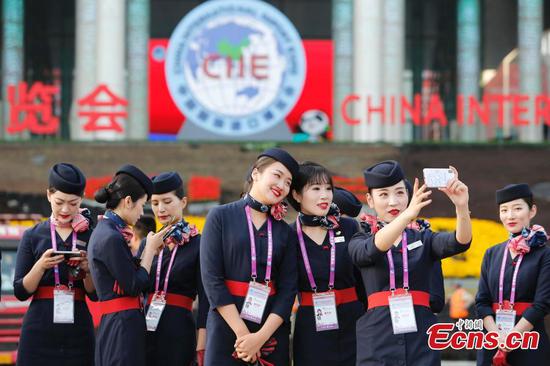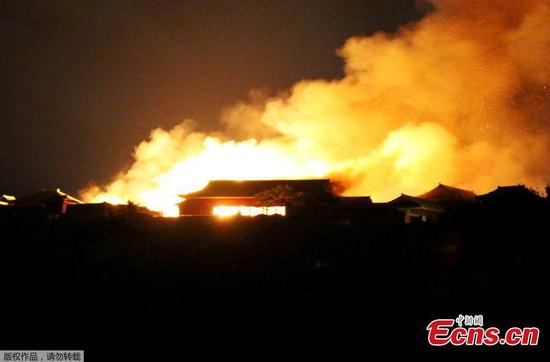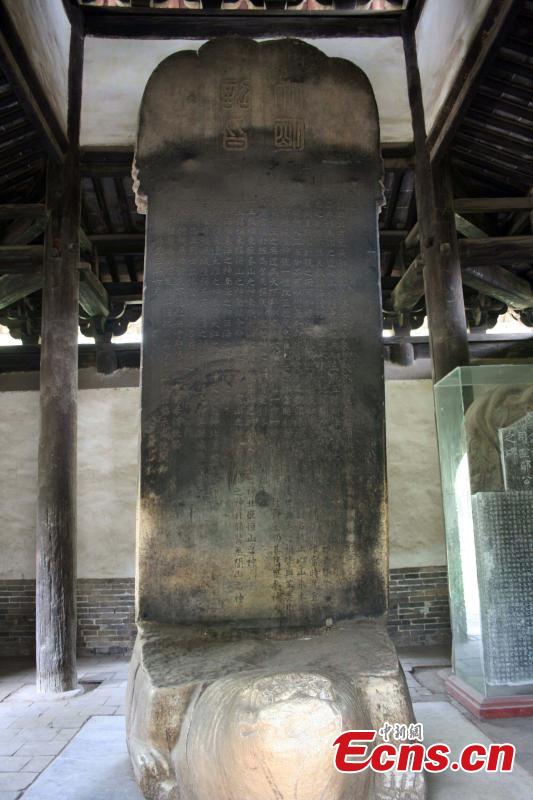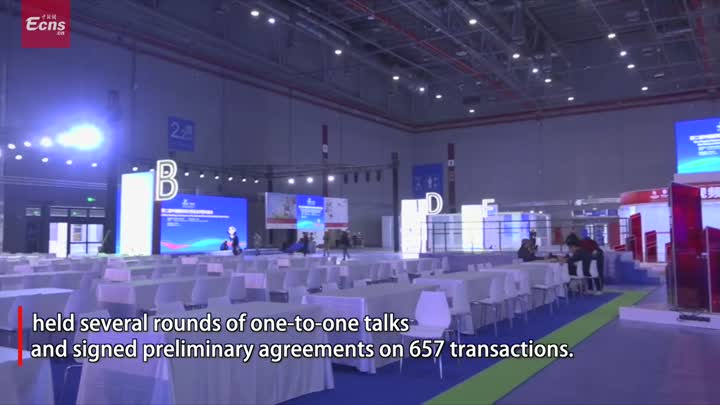
The fourth plenary session of the 19th CPC Central Committee is held in Beijing from Oct 28 to 31, 2019. (Photo/Xinhua)
Global scholars say nation's long-term planning bodes well for achieving goals
A key meeting of the Communist Party of China last week will help lead the country in its further development and opening to the outside world, according to international experts.
The Fourth Plenary Session of the 19th CPC Central Committee, which concluded in Beijing on Thursday after a four-day gathering, set the tone for China's further development path, by reaffirming the significance and advantages of pursuing socialism with Chinese characteristics and modernizing China's system and capacity for governance in achieving national rejuvenation.
James Feinerman, a professor of Asian Legal Studies at the Georgetown University Law Center in Washington, said the communique of the fourth plenum took a long view of China's future, promising to "make outstanding progress in promoting the socialist system to become more mature and established in all aspects in 2021." That year will mark the 100th anniversary of the founding of the CPC.
The fourth plenum further promised to achieve the goal of modernizing China's socialist system and capacity for governance by 2035 and have that goal "completely fulfilled" by 2049-the 100th anniversary of the founding of the People's Republic of China.
"This bespeaks a very ambitious yet cautious approach to China's development," said Feinerman, who also serves as an associate dean for international and transnational law at Georgetown.
"In contrast to the United States and most other developed countries, where budgets and planning are usually much shorter term, this lays the groundwork for a generation or more of economic and social progress, should all these expectations be realized."
Alan Barrell, director of studies at the Cambridge Innovation Academy in Britain, said the communique was succinct and clear in conveying messages about consistency.
Barrell said the speech by President Xi Jinping will encourage those who believe China's march toward innovative technological leadership, long-term planning for greater prosperity for more of the population, strengthened law-based governance and support for self-development, shared ideologies and continuously improving education will lead to continued progress.
"The final statement in the brief communique confirms there is no change nor weakening in China's resolve to continue a policy of outreach and international expansion," he said. "The messages should be encouraging to the West-China is acting with restraint and always with that long-term view-despite trade war activities being initiated elsewhere."
Rana Mitter, director of the Oxford University China Centre, said the plenum has concluded with a focus on domestic rather than international politics, suggesting a medium to long-term focus. In particular, the conclusions point toward intentions to strengthen the domestic economy as a means of underpinning overall policy directions, which will likely mean a renewed emphasis on research and development investment, he added.
"The idea of internal Party governance is also being stressed. One area that outside observers will be looking out for will be a new stress on increasing transparency and accountability," Mitter said.
Andrey Karneev, director of the Institute of Asian and African Studies at Moscow State University, said the fourth plenary session is yet another big political event in China since the 70th anniversary of the founding of the People's Republic of China.
Karneev said the fourth plenary session, 20 months after the third plenary session, came at the right time, as China assesses its current governance and determines the next direction of its development.
Zhu Jianrong, a professor in the Faculty of Global Communications at Toyo Gakuen University in Tokyo, said the plenary session affirmed the advantage of China's governance system, it summed up the successful experiences and systematically planned the nation's future development. It also emphasized reform and opening-up as well as the construction of a community of shared future for mankind, which will greatly benefit other countries, especially developing countries.









